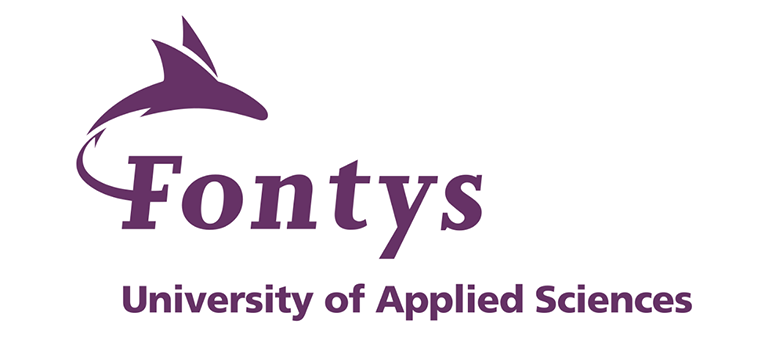Summaries for rapid care decision
Project description
Our project addresses a critical challenge in healthcare: how to efficiently provide alarm centralists with the context they need to make informed decisions about incoming alerts. The main question we sought to answer was:
"How can we generate concise and relevant summaries of client information to help alarm centralists quickly determine the validity and urgency of alerts?"
To tackle this, we focused on developing a solution that combines Electronic Care Dossier (ECD) data, staff notes, medication records, and recent incidents. Using pre-trained language models and natural language processing techniques, we created a system that generates real-time summaries tailored to the needs of alarm centralists.
Our goal was to enhance decision-making efficiency, reduce false alarms, and ultimately improve the quality of care provided in nursing homes. The result is a streamlined solution that transforms raw data into actionable insights, ensuring that critical situations receive the attention they deserve.
Context
The project operates within the healthcare domain, specifically focusing on nursing homes where alarm centralists manage alerts related to client well-being. With large volumes of alerts generated daily, centralists often struggle to identify which require immediate attention. This challenge is compounded by the need to quickly understand client histories, including medical conditions, recent incidents, and behavioral patterns.
Our solution aims to support centralists by providing concise, data-driven summaries of client information, enabling faster and more accurate decision-making in high-pressure situations.
Results
Our project resulted in a functional prototype capable of generating concise, tailored summaries of client information using data from Electronic Care Dossiers (ECD). The solution integrates data such as staff notes, medication records, and incident histories to provide alarm centralists with relevant context for incoming alerts.
We developed a user-friendly Streamlit application to showcase these summaries, ensuring accessibility and ease of use. Additionally, an exploratory data analysis (EDA) highlighted key features contributing to meaningful summaries. By leveraging pre-trained language models, we ensured high-quality text generation, enabling centralists to make faster and more informed decisions.
The prototype was well-received during stakeholder presentations, demonstrating its potential to improve efficiency and care quality in nursing homes.
About the project group
We are a dynamic group of four students, each bringing a unique perspective to the table. Two of us specialize in Artificial Intelligence, one has a background in Industrial Engineering & Management, and another is an Accelerate IT student. Over the course of this semester, we combined our diverse expertise to tackle this project.
Our collaborative approach was rooted in teamwork, clear communication, and leveraging our individual strengths. We employed agile methodologies to ensure efficient progress, held regular meetings to align our goals, and utilized tools like Streamlit and pre-trained language models to develop innovative solutions. From brainstorming to implementation, we worked together to create a meaningful impact, learning and growing as a team throughout the process.

